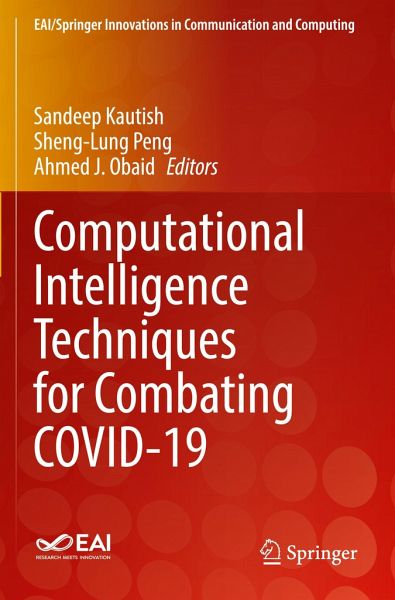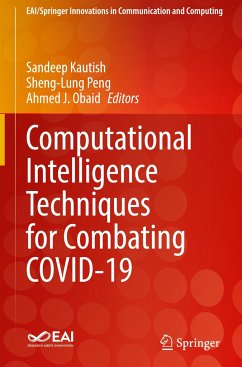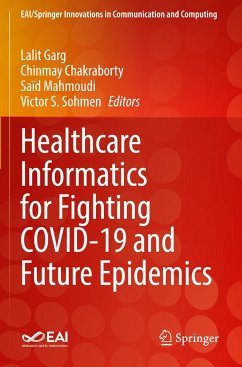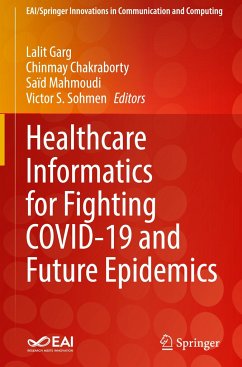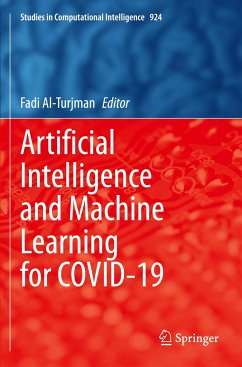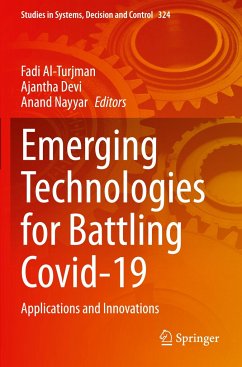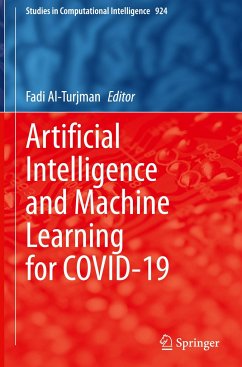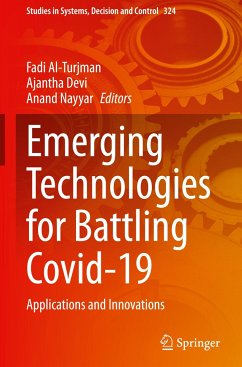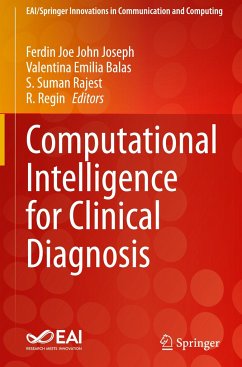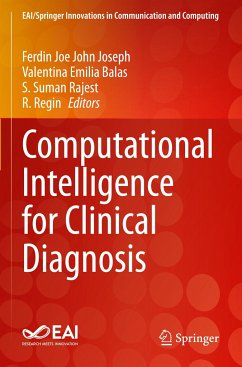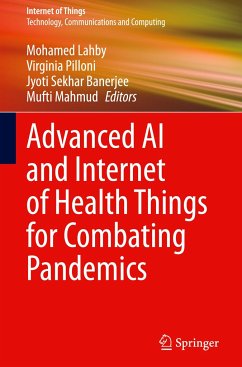Dr. Sandeep Kautish is working as Professor & Dean-Academics with LBEF Campus, Kathmandu Nepal running in academic collaboration with Asia Pacific University of Technology & Innovation Malaysia. He is an academician by choice and backed with 16+ Years of work experience in academics including over 05 years in academic administration in various institutions of India and abroad. He has meritorious academic records throughout his academic career. He earned his bachelors, masters and doctorate degree in Computer Science on Intelligent Systems in Social Networks. He holds PG Diploma in Management also. His areas of research interest are Business Analytics, Machine Learning, Data Mining, and Information Systems. He has 40+ publications in his account and his research works has been published in reputed journals with high impact factor and SCI/SCIE/Scopus/WoS indexing. His research papers can be found at Computer Standards & Interfaces (SCI, Elsevier), Journal ofAmbient Intelligence and Humanized Computing (SCIE, Springer). Also, he has authored/edited various books with reputed publishers i.e. Springer, Elsevier, De Gruyter, and IGI Global. He has been invited as Keynote Speaker at VIT Vellore in 2019 for an International Virtual Conference. He filed one patent in the field of Solar Energy equipment using Artificial Intelligence in 2019. He is an editorial member/reviewer of various reputed SCI/SCIE journals i.e. Computer Communications (Elsevier), ACM Transactions on Internet Technology, Cluster Computing (Springer), Neural Computing and Applications (Springer), Journal of Intelligent Manufacturing (Springer), Multimedia Tools & Applications (Springer), Computational Intelligence (Wiley), Australasian Journal of Information Systems (AJIS, International Journal of Decision Support System Technology (IGI Global USA), International Journal of Image Mining (Inderscience). He has supervised one PhD in Computer Science asa co-supervisor at Bharathiar University Coimbatore. Presently two doctoral scholars are pursuing their PhD under his supervision in different application areas of Machine Learning. He is a recognized academician as Session Chair/PhD thesis examiner at various international universities of reputes i.e. University of Kufa, University of Babylon, Polytechnic University of the Philippines (PUP), Anna University Chennai, Savitribai Phule Pune University, M.S. University, Tirunelveli, and various other Technical Universities. Sheng-Lung Peng is a Professor and the director (head) of the Department of Creative Technologies and Product Design, National Taipei University of Business, Taiwan. He received the PhD degree in Computer Science from the National Tsing Hua University, Taiwan. He is an honorary Professor of Beijing Information Science and Technology University, China, and a visiting Professor of Ningxia Institute of Science and Technology, China.He is also an adjunct Professor of Mandsaur University, India. Dr. Peng has edited several special issues at journals, such as Soft Computing, Journal of Internet Technology, Journal of Real-Time Image Processing, International Journal of Knowledge and System Science, MDPI Algorithms, and so on. His research interests are in designing and analyzing algorithms for Bioinformatics, Combinatorics, Data Mining, and Networks areas in which he has published over 100 research papers. Ahmed J. Obaid, is an creative lecturer at the Department of Computer Science, Faculty of Computer Scinece and Mathematics, University of Kufa, a PhD in Web Mining and Data Mining from University of Bablyon in 2017 and a Postdoctoral Researcher at the University of SIT January 2020, under advanced technologies in Web Mining Techniques and Applications. His main line of research is Web mining Techniques and Application, Image processing in the Web Platforms. Ahmed J. is Editor inOCS (Open COmputer Science, Scopus, WOS) Journal, Editor in KEM (Key Engineering Material, Scopus) Journal, Editor of MAICT-19 IOP journal Of Physics, , Associate Editor in IJAST Scopus Journal and Reviwers in many Scopus Journals (Scientific publication, Taylor and Francis, ESTA, and many others). He is leader of ICOITES, MAICT-19, MAICT-20 EVENTS. Ahmed J. has supervised several final projects of Bachelor and Master in His main line of work. He has edited some books, has authored and co-authored several scientific publications in journals and conferences and is a frequent reviewer of international journals and international conferences.
